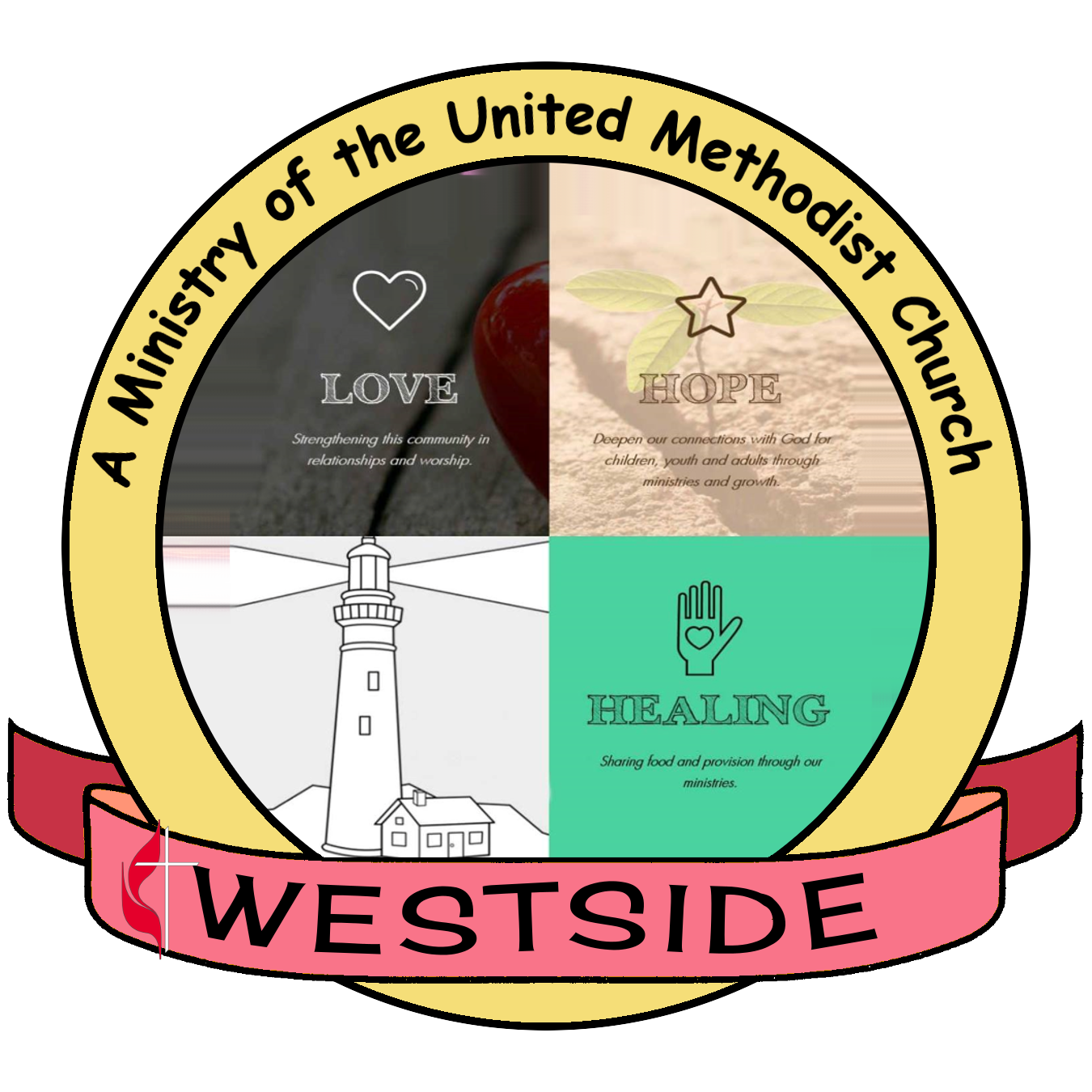Scripture: Zechariah 9: 9-10; Psalm 122; Luke 19: 29-46
Asking what this might have been like, that day, to experience Jesus directing disciples to get a donkey, a colt, for this triumphant ride, experiencing the celebration, the shouts, hearing Jesus say that were people not to celebrate him, that rocks would shout instead! What might it have been like to hear him begin to weep, sob over the city of Jerusalem, with that picture of intimacy and a desire to offer mercy, but unable to do so because the people did not recognize the day God visited them? What might we learn of Jesus’ own awareness of Himself, his mission, by this very reference of comparison between His visit and God’s? What might it have been like to enter the temple with Jesus and see him heal, the pharisees reject, and the people celebrate him again? There Jesus declared it a house of prayer and lamented that the religious leaders had made it a den of robbers. What might that have felt like to these followers? Here McLaren asks what were those things that made for peace that day? And how had the people rejected and missed these things?
All this.
McLaren observes: “It’s not more weapons, more threats, more fear that makes for peace. It’s more faith, more freedom, more hope, more love, more joy. Blessed is the one who comes in the name of the Lord!”
How might we be purveyors of hope and peace in this world that leans toward warfare?
Clearly this day is a day which exalts that Jesus is king, The King, the long awaited King. But a different king. A king who makes for peace. As McLaren wrote, “It’s not more weapons, more threats, more fear. It’s more faith, more freedom, more hope, more love, more joy,” that is needed. And I would add, “Peace. we need more peace.” And Jesus is the way to such peace.
As you ponder this -- Palm Sunday is a peace march, and also a day of celebration and a day of intense sadness as Jesus weeps over the city that stones those sent to her. Indeed as Jesus entered the city that day, he rebuked those in the temple for taking “My Father’s House,” and making it into a den of thieves not a house of prayer for all nations. So, what a day of contrasts.
McLaren invites readers to reflect:
Share a time when you were a part of a parade or public demonstration. What did you experience?
This week, look for moments when you, like Jesus, can see with grief that people are choosing a way of conflict or violence instead of peace.
What’s a thought or idea from today’s chapter that intrigued, provoked, disturbed, challenged, encouraged, warmed, warned, helped or surprised you?
This day continually is a surprise to me for I don’t expect it to be anything but a great, happy parade. It starts out that way, and somehow, I expect it to always end that way, but it doesn’t. It does end with healings in the temple, and a cleansing there, but it is filled with rebukes -- the pharisees’ rebuke of Jesus, and Jesus’ rebuke of the religious system in Jerusalem. It is filled with sadness and rejoicing. Children are celebrating Jesus, yet some adults are not. So for me, this day is a surprising one, and one that continually reminds me that nothing in life is all one texture. That joy and sadness do get mixed together. That peace is accompanied by times of violence. That people will always have varying opinions about God and how God interacts with humanity. In the season of the church with the battles coming out of the General Conference Decision in February, this seems poignant. We still serve the same God, the same Jesus as then. And that God is as active now as then. And still today there are strong opinions on all sides of this and every disagreement. The question is whether we will see the day of God’s coming to us. The question is whether we will be able to witness and celebrate God’s coming to us, into our lives and embrace God that day or not. That’s the question. I hope that I am able to see and embrace God’s coming.

